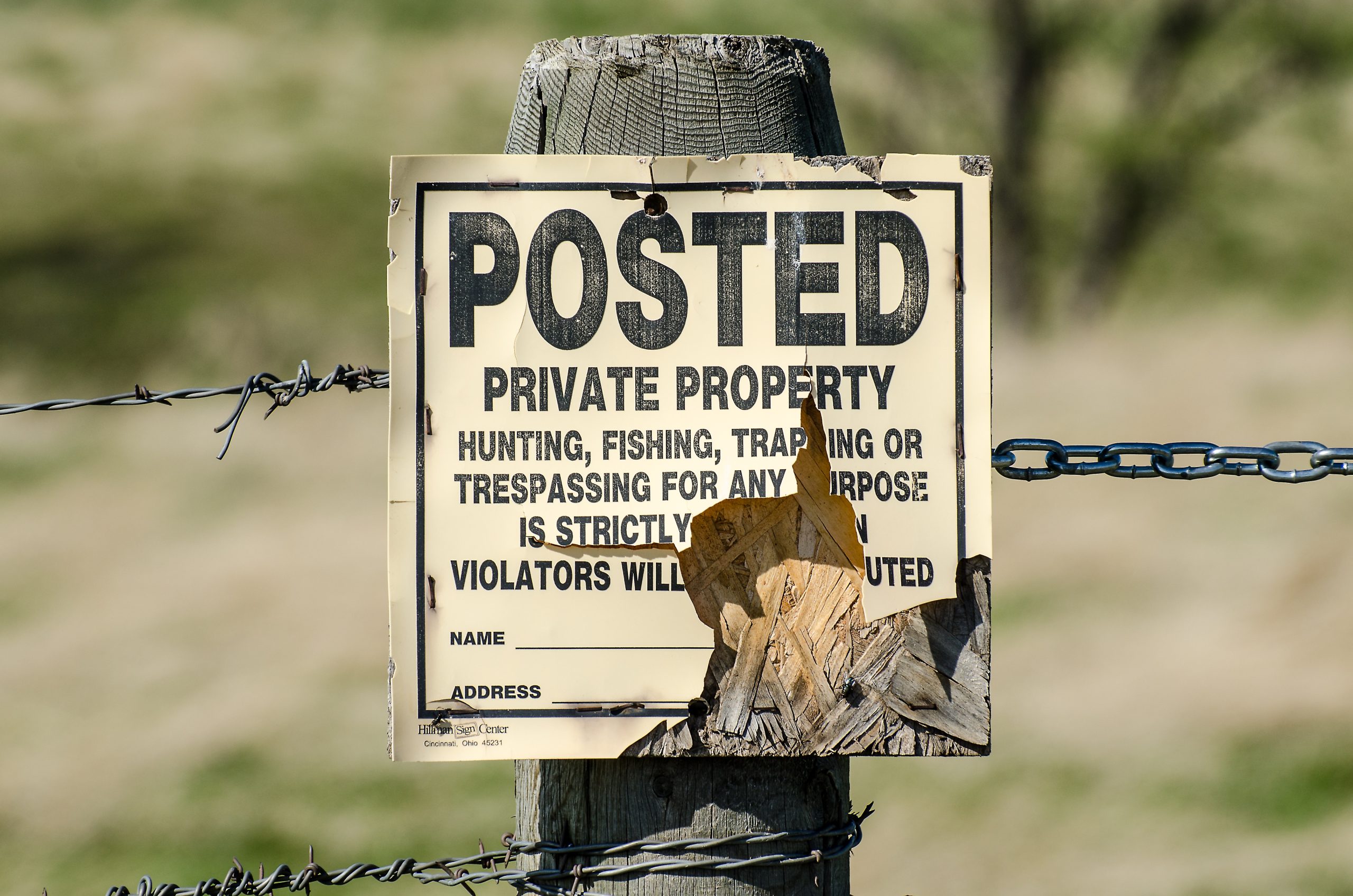 The world of mortgages can be daunting, especially when it involves your most significant asset – your home. This is especially true when there are multiple property owners, or there have been multiple transactions and conveyances of this property. Ensuring the validity of a mortgage is paramount, and as the following case demonstrates, strict requirements must be met to safeguard property owners’ rights. It also helps answer the question; What happens if a mortgage is recorded without a legal description of the property?
The world of mortgages can be daunting, especially when it involves your most significant asset – your home. This is especially true when there are multiple property owners, or there have been multiple transactions and conveyances of this property. Ensuring the validity of a mortgage is paramount, and as the following case demonstrates, strict requirements must be met to safeguard property owners’ rights. It also helps answer the question; What happens if a mortgage is recorded without a legal description of the property?
Marjorie Porter received full ownership of a property as part of her divorce settlement with her ex-husband. Decades later, Porter allegedly made an act of donation of half of the property to her daughter, Sandie Parkman. Porter allegedly executed a mortgage on the jointly owned property. A few days after the mortgage was signed, Parkman attempted to donate her interest to her mother. However, her mother never accepted the donation and subsequently died.
Ocwen Loan Servicing LLC then filed a lawsuit to recognize the validity of the mortgage Porter had executed. Ocwen named Parkman as a defendant as well as Porter’s succession. Parkman argued Ocwen did not have a cause of action because there was no valid mortgage. She claimed the mortgage was partly invalid because it did not include a legal description of the at-issue property in the document recording the mortgage. The trial court denied Parkman’s motion. Parkman appealed.
On appeal, Parkman argued the trial court erred in denying her motion because Ocwen did not provide sufficient evidence to sustain that the mortgage was valid. The appellate court reviewed the copy of the mortgage attached to the petition. It agreed with Parkman’s argument that the mortgage did not include a legal property description. Instead, the mortgage document only included the property’s municipal address.
Under La. C.C. art. 3288, a mortgage contract must precisely state the nature and situation of the applicable property. Ocwen argued the municipal address was sufficient to have a valid mortgage. The appellate court found Ocwen’s failure to include the property’s legal description in the mortgage prevented it from being able to pursue a judgment that the mortgage was valid. Although Ocwen attempted to fix the defect years later by filing an Act of Deposit, its action was untimely and insufficient, and the court could not consider it under La. C.C.P. art. 931 in determining whether there was a valid cause of action.
The appellate court found Ocwen had not stated a cause of action because, without a legal description of the property, the mortgage was invalid on its face. Therefore, it held the trial court had erred in denying Parkman’s motion. However, the appellate court held that Ocwen should be allowed to amend its petition to set forth a cause of action.
This case serves as a reminder of the complexities surrounding mortgage validity, especially when essential elements like a legal property description are at stake. As demonstrated, even small omissions can have significant consequences, potentially rendering a mortgage invalid and leading to legal disputes. When dealing with mortgage-related concerns or transactions, it is essential to consult with a qualified attorney who can meticulously review the documentation to ensure compliance with all legal requirements. An attorney’s guidance can provide valuable insights and protection for property owners, ensuring their rights are upheld and their interests safeguarded in the complex world of mortgages.
Additional Sources: Ocwen Loan Servicing, LLC v. The Unopened Succession of Marjorie Porter and Sandie Parkman
Article Written By Berniard Law Firm
Additional Berniard Law Firm Article on Mortgages: Appeal Denied in Suit Involving Mortgage Superior to Homeowners’ Association Dues
 Insurance Dispute Lawyer Blog
Insurance Dispute Lawyer Blog

